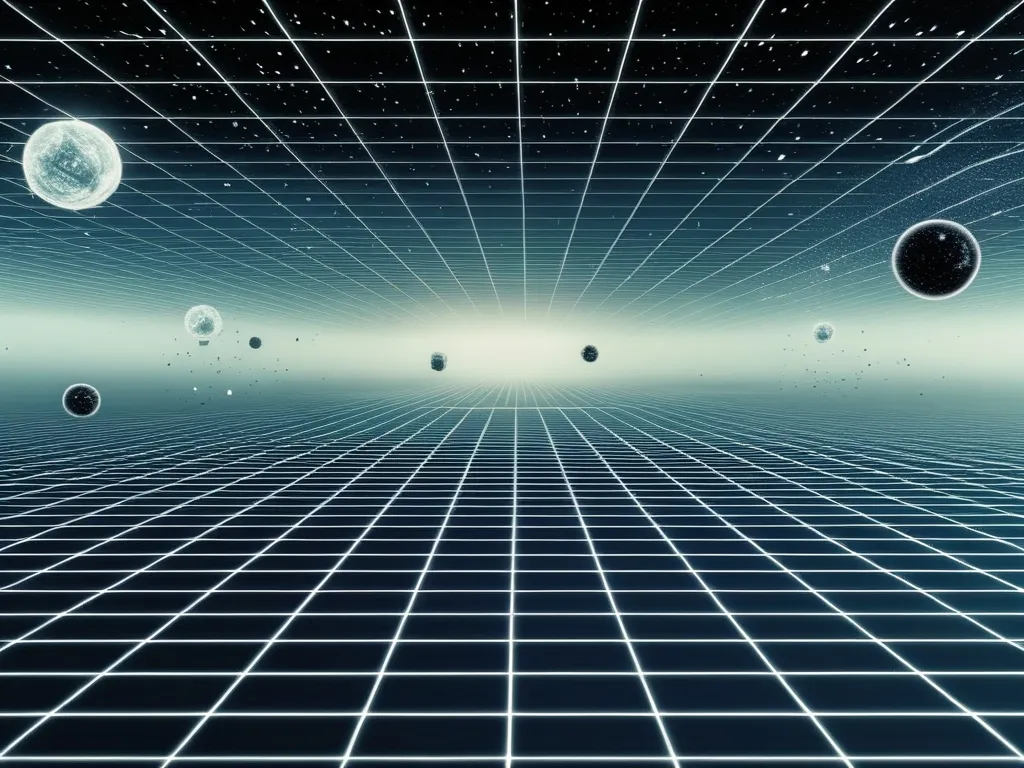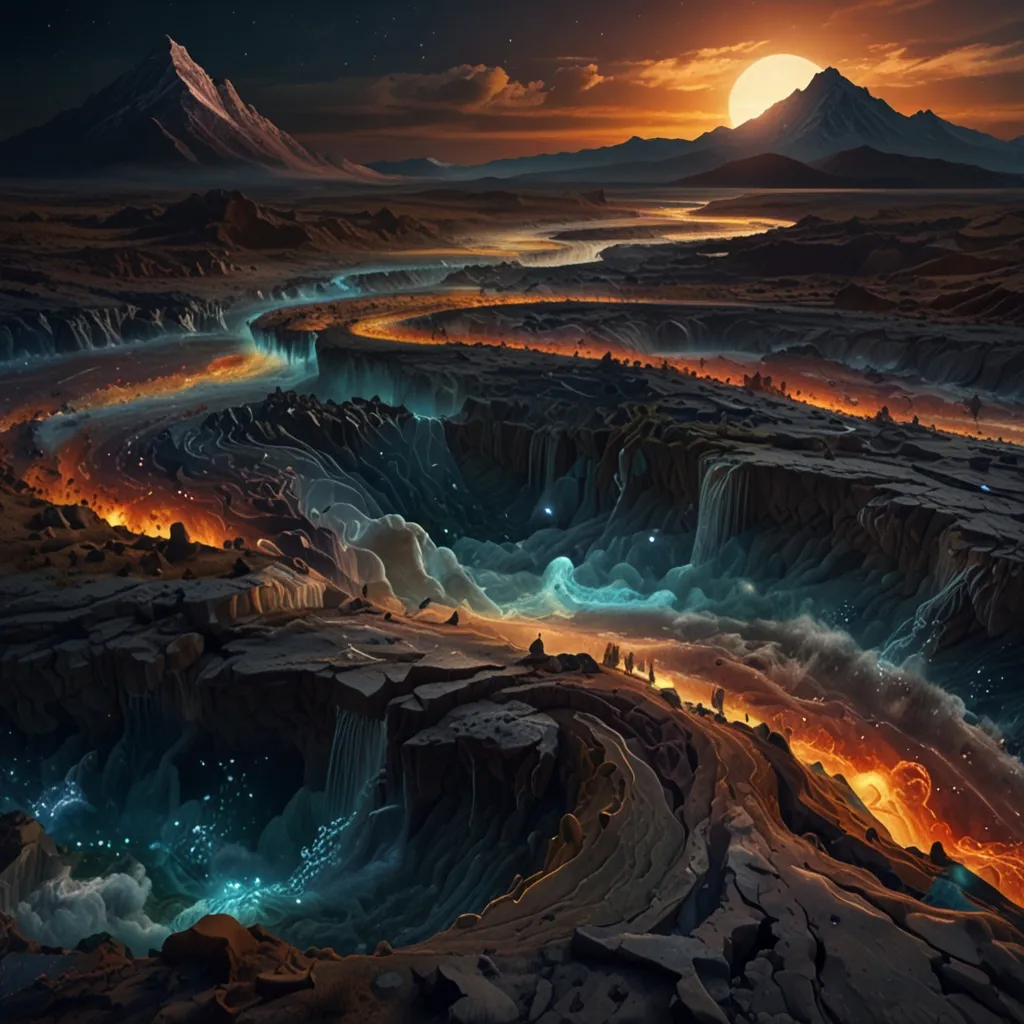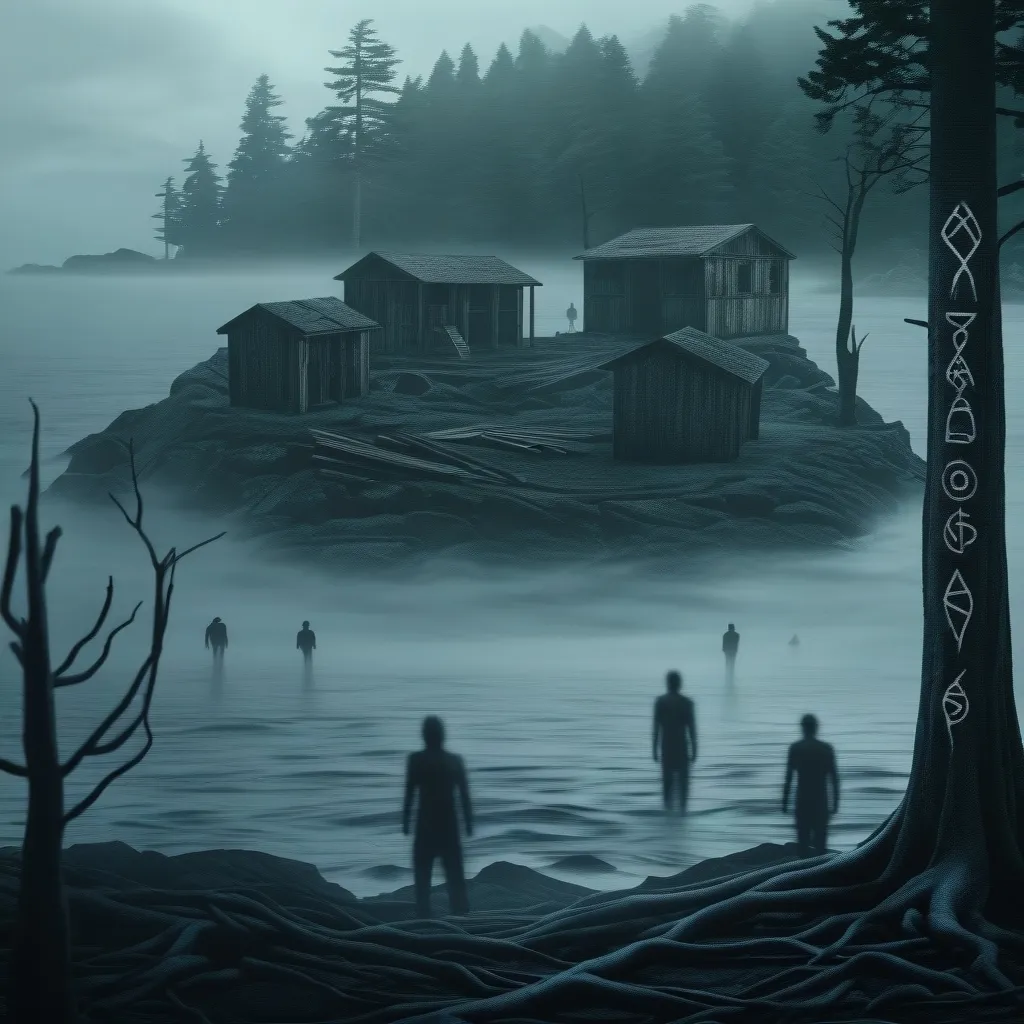The idea that our reality might be a sophisticated computer simulation has been a topic of fascination for philosophers, scientists, and science fiction enthusiasts alike. This concept, known as the Simulation Hypothesis, suggests that our entire universe could be a complex virtual world created by an advanced civilization. As we delve into this mind-bending notion, it’s hard not to wonder: are we truly living, or are we just characters in a cosmic game?
The Roots of the Hypothesis
The Simulation Hypothesis is not a new idea. It has its roots in ancient philosophical debates, such as Plato’s Allegory of the Cave, where prisoners perceive shadows as reality, and Descartes’ evil demon, which questions the nature of reality itself. In modern times, this idea gained significant traction with the work of philosopher Nick Bostrom. In his 2003 paper, Bostrom presented the simulation argument, which posits that if a civilization becomes capable of creating conscious simulations, it is likely that a randomly chosen conscious entity would be living in a simulation.
The Simulation Argument
Bostrom’s argument is based on a trilemma: either advanced civilizations never reach the point where they can create such simulations due to technological limitations or self-destruction; or they choose not to create these simulations; or we are almost certainly living in one. This argument hinges on the idea that if advanced civilizations do create simulations, they would likely create many of them, leading to a vast number of simulated beings. Given the immense computing power required, it’s plausible that the majority of conscious beings in the universe are simulated rather than “real.”
Cosmic Clues
One of the most intriguing aspects of the Simulation Hypothesis is the search for evidence that could support or refute it. Physicists like Silas Beane and his colleagues have proposed that if we are living in a simulation, there should be observable effects, particularly in the behavior of high-energy cosmic rays. These particles, when they travel through the universe, should interact with the underlying “lattice” or grid that the simulator would use to discretize space-time. This interaction could result in anisotropies in the distribution of these cosmic rays, which could be detected by our telescopes.
Imagine the universe as a vast chessboard, with each square representing the smallest unit of space-time that the simulator can manage. If we are living in a simulation, we would expect to see signs of this grid when we look at the edges of the observable universe. While these signs have not been definitively observed, the idea that they could exist is a compelling one.
The Matrix Scenario
The Simulation Hypothesis often brings to mind the popular movie The Matrix, where humans are unknowingly trapped in a virtual world created by intelligent machines. This scenario, while fictional, highlights the possibility that our experiences could be the product of a simulation rather than the real world. In this context, our reality would be a highly detailed and interactive virtual environment, designed to keep us oblivious to the true nature of our existence.
However, there’s a crucial difference between the Matrix scenario and the Simulation Hypothesis. In the movie, the simulated world is created for a specific purpose—to keep humans docile and ignorant. In the Simulation Hypothesis, the motivations behind creating such a simulation are far less clear. Are we part of an ancestor simulation, where an advanced civilization is studying its past? Or are we simply entertainment for some cosmic entity?
Technological Feasibility
The idea of simulating an entire universe is daunting, even for the most advanced civilizations. Currently, our ability to simulate complex systems is limited. For instance, simulating quantum chromodynamics, the theory that describes the strong nuclear force, is only possible at the scale of femtometers (millionths of a nanometer). This is far from the level of detail needed to simulate even the simplest microorganisms, let alone entire galaxies.
However, as technology advances, so does our capacity to simulate complex systems. Imagine a future where computing power is virtually unlimited, and advanced algorithms can create highly realistic simulations. In such a scenario, the distinction between the simulated and the real becomes increasingly blurred.
Philosophical Implications
The Simulation Hypothesis raises profound philosophical questions about the nature of reality and our existence. If we are living in a simulation, what does it mean to be “real”? Are we merely digital constructs, or do we possess some form of consciousness that transcends the simulated environment?
This hypothesis also challenges our understanding of free will. If our reality is a simulation, are our actions predetermined by the simulator, or do we have genuine agency? These questions delve into the heart of what it means to be human and whether our experiences are authentic or just part of a grand design.
Practical Tests
While the Simulation Hypothesis is largely speculative, scientists have proposed several ways to test it. One approach involves looking for anomalies in the behavior of particles at high energies, which could indicate the presence of a simulator’s “lattice.” Another involves searching for patterns in the distribution of cosmic rays that could be consistent with a simulated universe.
These tests, however, are not without their challenges. Even if we observe anomalies that could be interpreted as evidence of a simulation, it’s difficult to rule out alternative explanations based on our current understanding of physics. The universe is full of mysteries, and what we perceive as evidence of a simulation could simply be a manifestation of yet unknown physical laws.
The Skeptical View
Not everyone is convinced by the Simulation Hypothesis. Some argue that it is a form of skeptical threat, challenging our ability to know anything with certainty. If we accept that we might be living in a simulation, then how can we trust any of our perceptions or scientific findings?
Others point out that the hypothesis is self-defeating in certain scenarios. For example, if we are living in a simulation akin to The Sims, then we are not conscious beings at all, but merely fictional characters. This scenario is hard to reconcile with our everyday experiences and the sense of self we all possess.
The Future of Simulation
As technology continues to advance, the possibility of creating highly realistic simulations becomes more plausible. If future civilizations do develop the capability to simulate entire universes, it raises interesting questions about their motivations and the nature of their simulations.
Imagine a civilization that creates simulations not just for entertainment or research but as a way to preserve their history or understand their evolutionary past. In such a scenario, we might be part of an ancestor simulation, living out lives that are indistinguishable from reality.
Conclusion
The Simulation Hypothesis is a thought-provoking idea that challenges our understanding of reality and our place in the universe. While it remains a speculative concept, it encourages us to think deeply about the nature of existence and the potential capabilities of advanced civilizations.
As we continue to explore the cosmos and push the boundaries of technology, we may uncover clues that shed more light on this hypothesis. Until then, the question remains: are we living in a cosmic computer game, or is this the real world? The answer, much like the universe itself, remains a mystery waiting to be unraveled.
In the end, whether we are simulated or not, the journey of discovery and the pursuit of knowledge are what make our existence meaningful. So, let’s continue to explore, to question, and to seek answers, for it is in the act of seeking that we find the true essence of our reality.






